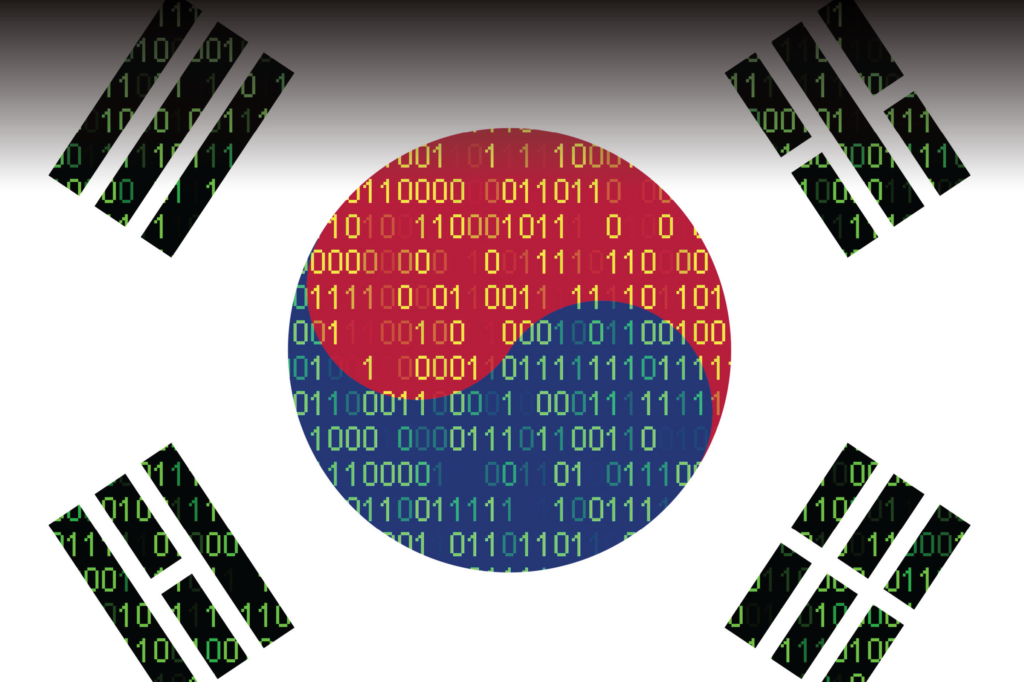Next-generation ubiquitous biosensors will allow us to continuously monitor a wide range of physiological signals, from which many inferences can be drawn our identity, our activities, our mental and emotional states, memories and thoughts, as well as predispositions to diseases and behaviors. Novel biosensing applications and business models will raise new security and privacy challenges that are not yet anticipated nor fully understood. We will probe how people interpret (or misinterpret) the meaning of biosignals in different contexts, to shed light on how and when biosignals might become sensitive. We will investigate the feasibility of user authentication using neural signals captured using novel methods, and the possibility of user re-identification from anonymized brainwave signals. We will interrogate ubiquitous biosensing technologies from an ethical, law, and policy perspective. By studying these different facets of biosensing security and privacy, we hope to uncover, understand, and address the security challenges when these technologies are deployed at scale.

Grant /
January 2020



